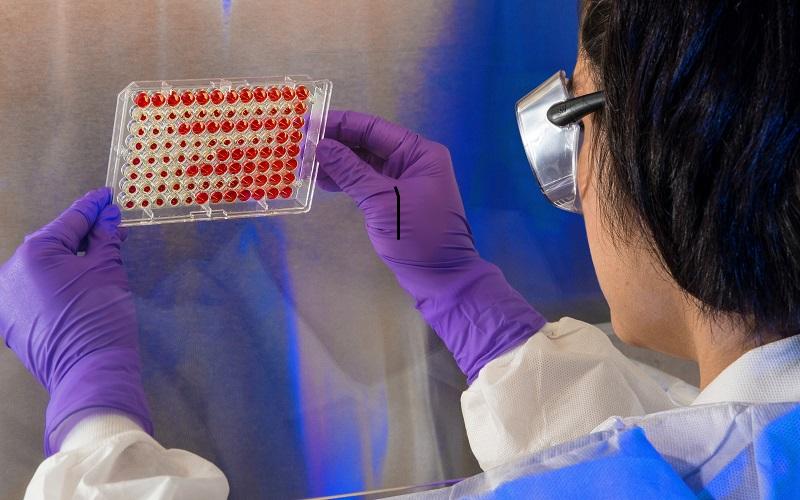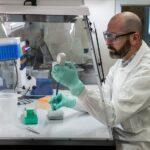The Myc gene is one of the most important drivers of cancer in mice and humans. Myc also plays a newly discovered key role in aging, according to a new study in Cell Reports by researchers at UPMC Children’s Hospital of Pittsburgh and the University of Pittsburgh School of Medicine. The study, led by Edward V. Prochownik, MD, UPMC Children’s Hematology/Oncology Division and Paul C. Gaffney Professor of Microbiology and Molecular Genetics, has implications for new forms of cancer treatment.
Myc is difficult to study because when it koncked out in mouse embryos,they die before birth ,suggesting that the gene plays an important role in normal growth and development. According to Prochownik,this make it nearly impossible to understand what myc dose beyond the embryos stage. To overcome this major hurdle,Prochownik and his team waited until mice were about 1 mouth old to inactivate gene “Given the importance of myc inboth normal and cancerous tissues. A key question we faced was weather these mice died as embryos.”” After waiting nervously for the first few days after knocking out the gene in the first group of mice,we were relived when we found that they survived.This allowed wed us to study the mice for a longer period time, and that is what we have always wanted to do.”
Within weeks of removing the Myc gene,the research noticed that the mice began to age rapidly:their fur had tumed grave and lost some hair,and they were weaker,less confidence and less active than normal mice of the same age.
0



